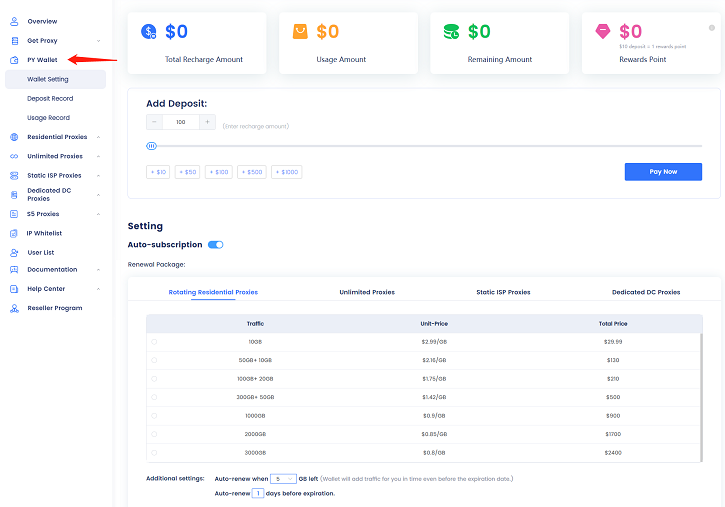What is a proxy server and how do they work?
If you’ve ever worked on a web scraping project, you’ve most likely heard of a proxy server. But what exactly does a proxy server mean and how does it affect your web scraping project? In this article, we’ll give you an in-depth explanation of what a proxy server is, and why proxies are a big part of your web data extraction project.To get more news about google chrome proxy, you can visit pyproxy.com official website.
What is a proxy server?
A proxy server is typically a server that sits between a user and another server they are trying to connect to, over the internet. You can describe it as a kind of a gateway - anything sent to or from you may need to pass through this gate in order to get to its destination.

The main difference that browsing via a proxy offers is that the user and the target typically don’t connect directly to each other - they connect to the proxy which acts as an intermediary for the data.
How does a proxy server operate?
Computers on the internet are granted a unique code called an Internet Protocol (IP) address. This is something like a street address - if anyone wants to send something to a specific computer they have to send it to the IP address.
When you use a web proxy, instead of using the normal IP address you use the IP address of the proxy server. The proxy server will take your outgoing request, perhaps manipulating or analyzing it in some way, and then send the request to its true destination. At the destination, it will see the incoming IP address as the proxy server and send data back to this address. Once the proxy receives the response it may analyze or manipulate it in some way and then send it back to you.
What are Forward proxies?
Forward proxies are likely to be the most common kind of proxy you will encounter. These are proxies whose main purpose is to analyze outgoing requests and take action before relaying them.
One of the more common uses of a forward proxy server is to encrypt data leaving and coming back to your machine, usually via a service known as a Virtual Private Network. For example, an ISP or another intermediary would see encrypted data moving back and forth between you and the proxy server but wouldn’t be able to tell what this data is and what website it is truly going to.
Why should you use a proxy server?
There are several reasons for individuals or organizations to use proxy servers.
Control access to specific websites: Whether for enforcing a content policy or limiting access to potentially unsafe websites, there might be a need to prevent users from accessing certain websites. A forward proxy can be used in this case that will check where a user is trying to visit and block the request.
Improve your personal browsing privacy: Using a proxy for a VPN is a common way to increase privacy when browsing the internet. Typically a VPN connection will be encrypted, so any attempt to monitor traffic from your machine will only show that you are accessing the proxy server. Such a proxy can then scrub additional identifying content from the requests before they are sent to their target. So to the target, it looks like a request originating from the proxy server instead of the user.
To access blocked resources: Similar to the previous use case, it is possible that a resource may block access to users based on their region, unusual browsing activity, etc. By rotating to a proxy the requests can look as though they are coming from a different person and even from a different region, allowing access to previously blocked content.
To cache and compress traffic: Proxies can be used to minimize the bandwidth used when browsing the internet. A proxy can cache responses if it is unlikely to change, preventing the need to request the data again. In addition, it can be used to compress the content before returning it so less bandwidth is used to retrieve the request.

















コメント
コメント:0件
コメントはまだありません